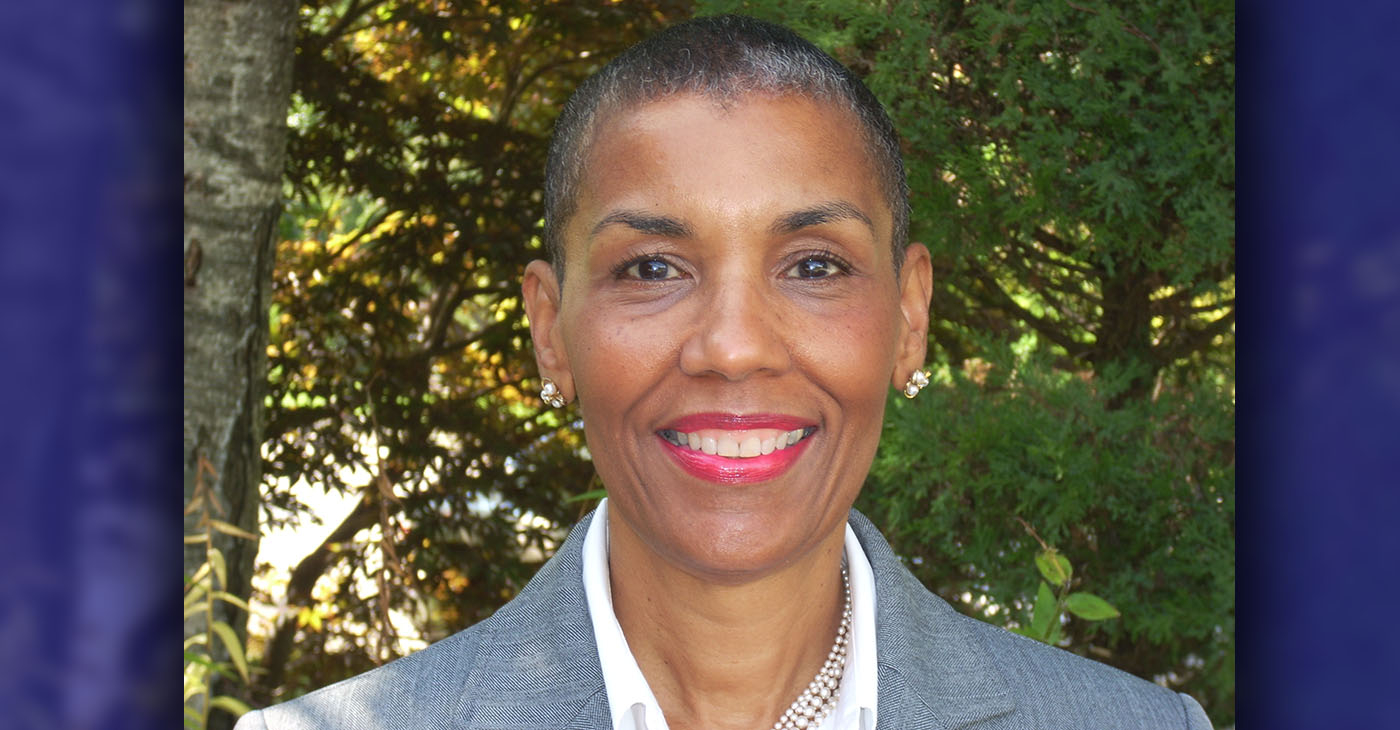By Avery Ross
We are hardwired to deal with grief, but everyone grieves differently. Acknowledging the complexities and simplicity of grief allow me to live a full life. Sometimes my grief manifests itself as gratitude for another day, sometimes it moves me to help others. As a grief counselor, I encourage others to acknowledge and move forward in grief. When we engage in open and honest conversations about death, we are giving ourselves the tools to manage grief.
My mother never minced words when it came to death. We had conversations over the dinner table throughout my life about it. When we knew she had congestive heart failure, we decided to celebrate her life while she was still here. She chose hospice, an end-of-life care option for terminally ill people and died peacefully in her sleep. She encouraged me to think about death in a positive light, rather than as a negative and frightening thing.
I was in my mother’s favorite place when I found out that she died: Las Vegas. So, I went to her favorite hotel and lost $20 in her honor. Because I would go with her, and she would win, and I would take her money and lose it. I said, “I’m just being consistent.”
My mother had her affairs in order before she died: from her funeral to where her belongings would go. It made our grieving process smoother to not focus on those things. I want the same for my son, so I’ve made my wishes clear to him. Instead of looking at it as a daunting task, I look at it as a gift to him. When you prepare your loved ones for what you want if you get sick and when you die, you are showing them just how much you love them.
Start by having a conversation with your loved ones about your wishes and the legacy you want to leave. What matters most to you? How do you want to be remembered? Do your spiritual or religious beliefs inform your values? Is there someone you want involved in your healthcare decisions?
There are many tools and resources to prepare you to have these conversations and get your affairs in order. Compassion & Choices offers an End of Life Decisions Guide & Toolkit that provides helpful information on end-of-life decisions.
Avery Ross is a grief counselor and bereavement facilitator based in New York.
The post OP-ED: A Legacy Worth Leaving first appeared on BlackPressUSA.

